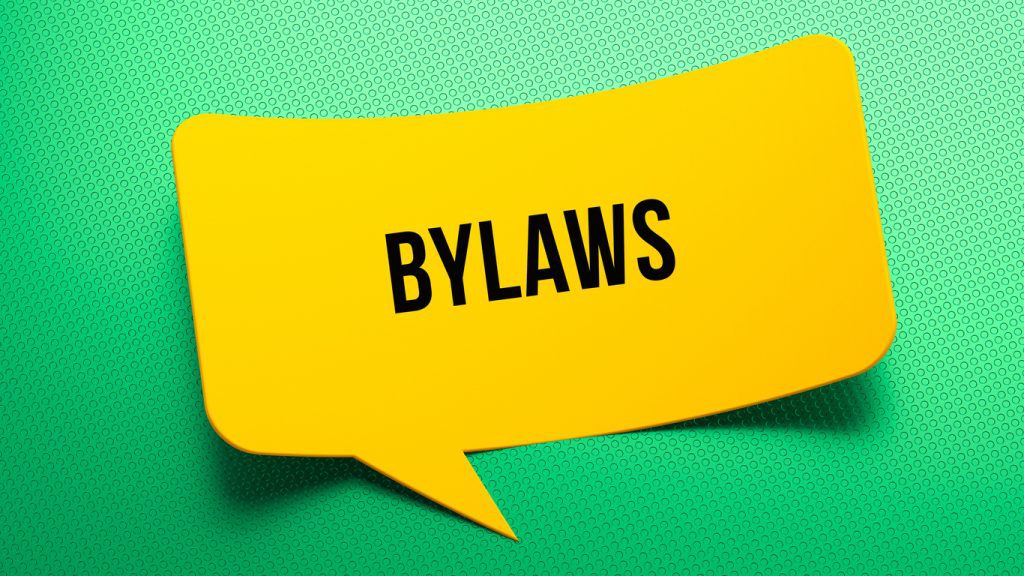Last month in Illinois Condo Repair Dilemma: Will the Association Pay or is it Coming Out of your Pocket, I discussed Illinois law as it relates to the allocation of responsibilities for property insurance coverage between unit owners and condominium associations. In the neighboring state of Michigan, Michigan Administrative Rule 559.08 addresses a condominium association’s responsibility to carry insurance for the condominium.
Under Michigan law, every condominium association must carry insurance for the condominium.
Mich. Admin. Code R. 559.508 states:
The bylaws shall provide that the association of co-owners shall carry insurance for fire and extended coverage, vandalism and malicious mischief, and, if applicable, liability and workers’ disability compensation, pertinent to the ownership, use, and maintenance of the premises and that all premiums for insurance carried by the association shall be an expense of administration. The association may carry other insurance coverage, including cross-coverage for damages done by 1 co-owner to another.
However, condominium bylaws largely dictate insurance requirements for condominium associations. Most bylaws also require co-owners to carry their own separate insurance policy for their units and any personal property within.
MCL Section 559.156 Bylaws; permissible provisions states:
The bylaws may contain provisions:
(a) As are deemed appropriate for the administration of the condominium project not inconsistent with this act or any other applicable laws.
(b) For restrictions on the sale, lease, license to use, or occupancy of condominium units.
(c) For insuring the co-owners against risks affecting the condominium project, without prejudice to the right of each co-owner to insure his condominium unit or condominium units on his own account and for his own benefit.
What Does This Mean for Condominium Owners?
The association is generally required to have insurance coverage for common elements and any other items it is responsible for maintaining, repairing, or replacing under the bylaws. Common elements are defined as “portions of the condominium project other than the condominium units” (MCL 559.103(6)). However, the scope of the insurance coverage that the association must maintain is often disputed.
This is illustrated in the Michigan case, Anton v. Brynmawr Condominium Ass’n, No. 265828, 2007 WL 1489190 (Mich. App. May 22, 2007). In this case, the unit owner filed a suit against the condominium association for a fire in one of the units in the complex that caused significant damage to the unit owner’s unit. The unit owner argued that the condominium association was responsible for the damage because it was responsible for maintaining the common elements of the complex. Due to the association’s delays, the unit owner proceeded with the repairs and later sought reimbursement, claiming the repairs were substandard because the association failed to act promptly.
Court’s Summary of Responsibility:
In summary, the court, relying on the association bylaws, determined that the division of responsibility is as follows:
Brynmawr Condominium Association:
- Responsible for repairing common elements damaged in the fire using insurance proceeds.
- Required to address and fix any lingering deficiencies in the repairs to the common elements.
- Not responsible for directly repairing damage to individual units, including the unit owner’s unit.
- Must reimburse the unit owner for substandard repairs made to the unit.
Unit Owner
- Responsible for repairing damage within the unit, as outlined in the bylaws.
- Should have received insurance proceeds from the association to cover repairs for which unit owner was responsible.
- Entitled to reimbursement for substandard repairs made to the unit due to the association’s failure to properly repair.
As addressed last month, this case further underscores the importance of how specific terms in a condominium’s governing documents, such as the master deed and bylaws, govern the allocation of insurance duties between unit owners and associations. While condominium associations are generally responsible for insuring the building structure and common areas, it is crucial to understand the law in your state and how responsibilities are allocated in governing documents.
